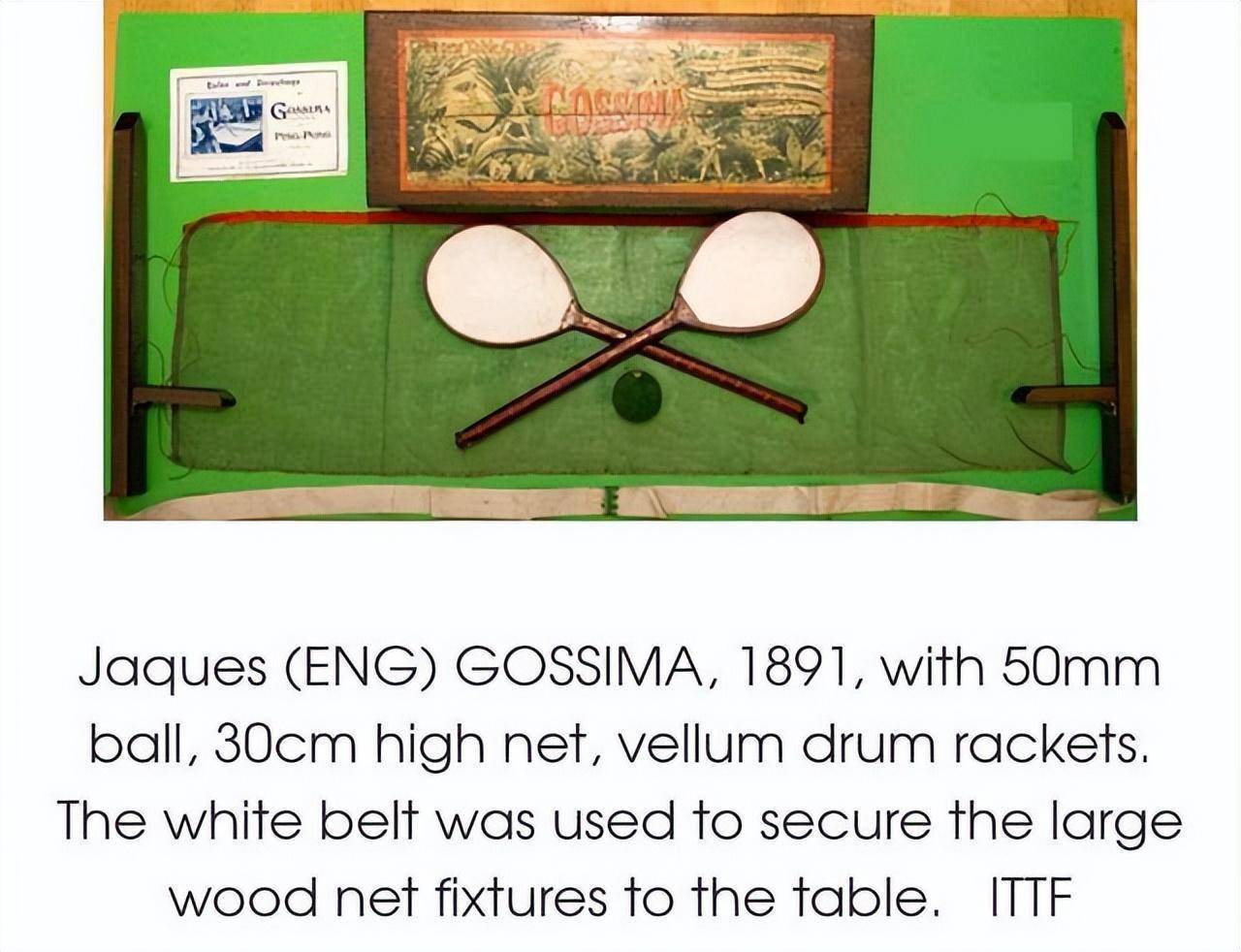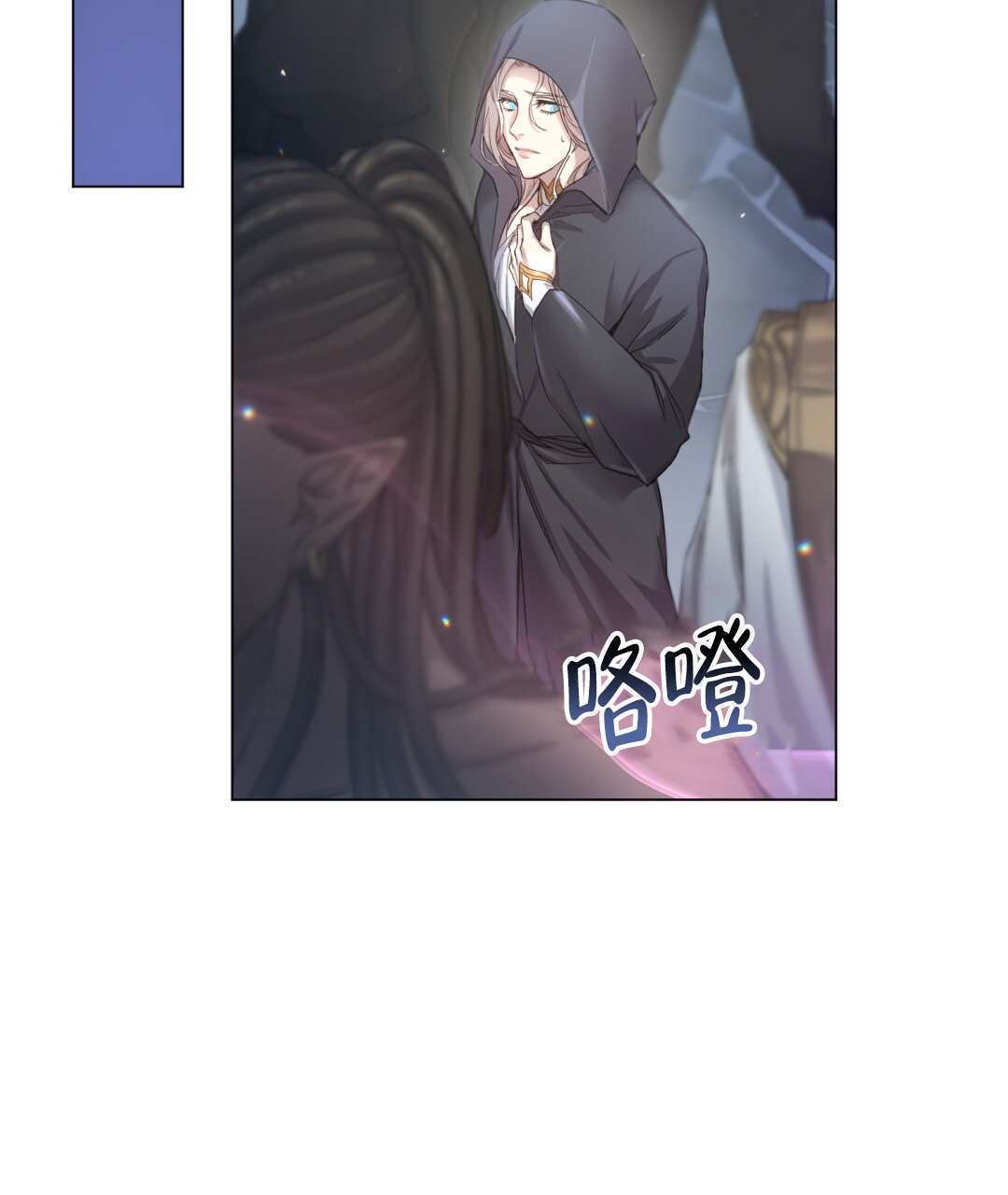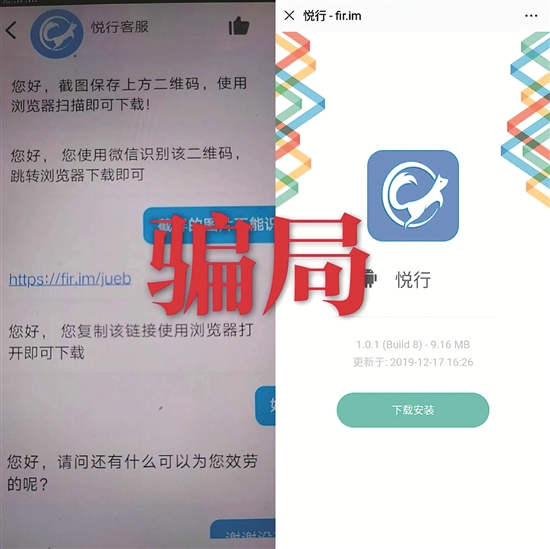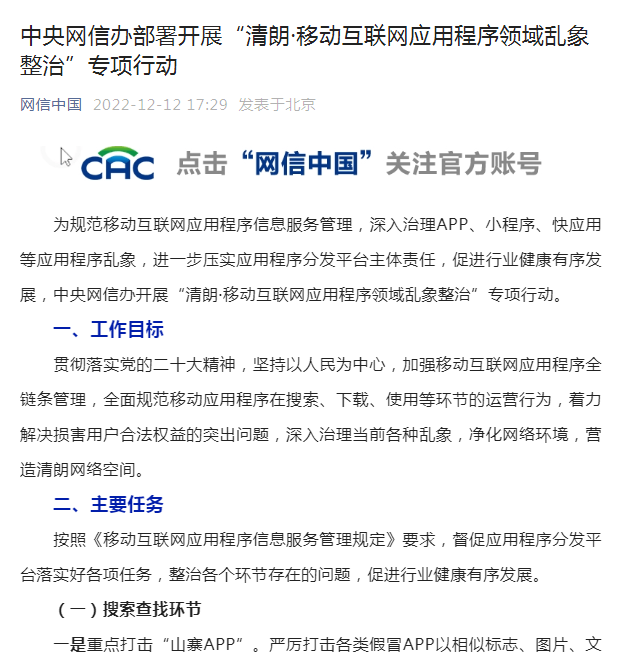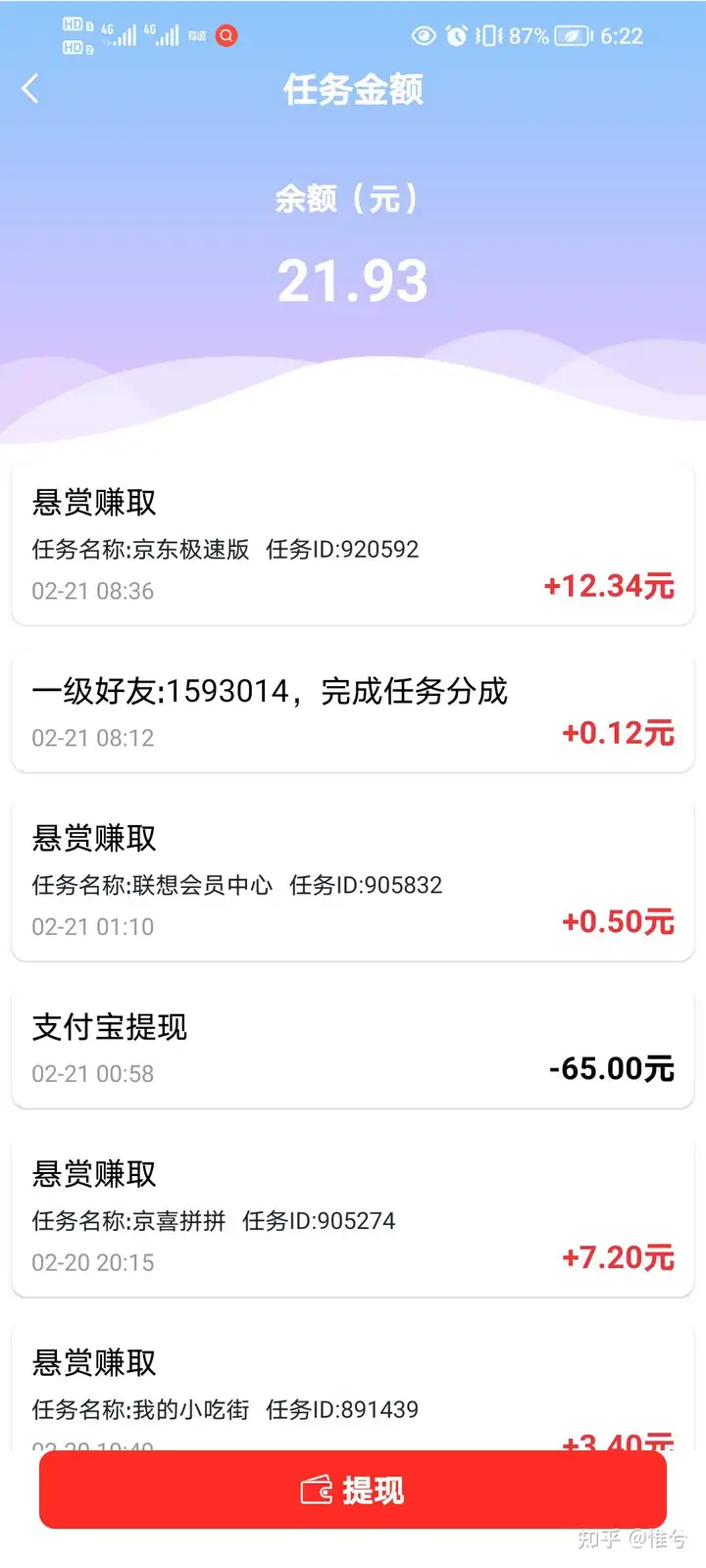英语中的疑问句
疑问句主要用来提出问题。按其语法结构和交际功能可分为以下 4 种:一般疑问句、特殊疑问句、选择疑问句和反意疑问句
Are you a fireman? 你是一名消防员吗?(一般疑问句)
What do you do at the weekend? 你周末干什么? (特殊疑问句)
Would you like to have rice or noodles? 你喜欢吃米饭还是面条? (选择疑问句)
He is a Chinese teacher, isnt he? 他是一名汉语老师,不是吗?(反意疑问句)
一、一般疑问句(yes-no question)

一般疑问句通常用来询问一件事情或一种情况是否属实,其回答通常是 yes 或 no,因此这类问句又叫做“是非问句”
1、肯定提问
Is there something wrong with this machine? 这台机器有问题吗
Have you got todays milk? 你拿到今天的牛奶了吗
Shall we go on? 我们继续向前吗
Must I finish my work on time? 我必须按时完成我的工作吗
Can you speak French? 你会说法语吗
Would you like me to interpret for you? 要不要我帮你翻译
Do you have a smaller size? 你有小一点的尺寸吗
Does Susan speak English? 苏珊讲英语吗
Did you mom go shopping last weekend? 你妈妈上个周末去买东西了吗
2、否定提问
Will he not agree with you? 他不同意你吗
Havent you any sisters? 你没有姐妹吗
Dont you like this movie? 你不喜欢这部电影吗
Cant we go together? 我们不能一起去吗
Wont you sit down? 你不想坐下吗
Hasnt she been up to the mark lately? 最近她一直感到不太舒服吗
3、回答
Will you agree with us to come here? 你同意我们来这里吗
Yes, we will. 是的,我们会 | No, we wont. 不,我们不会
Have got todays newspaper? 你有今天的报纸吗
Yes, I have. 是的,有 | No, I havent. 不,没有
Cant he afford a new house? 他买不起新房吗
Yes, he can. 不,他能 | No, he cant. 是的,他不能
二、特殊疑问句(special question)

特殊疑问句是对句中的某一部分提出疑问,通常以 who、where、when、why等疑问词开头,因此又叫“wh-问句”
1、疑问代词
疑问代词:who、whom、whose、which、what
Who are you? 你是谁
Whom are you going to play table tennis this afternoon? 今天下午你和谁打乒乓球
Whose glasses are broken? 谁的眼镜打碎了
Which shoes do you like? 你喜欢哪双鞋子
What do they want to do? 他们想要做什么
2、疑问副词
疑问副词:when、where、why、how
When does she want to practice? 她想要什么时候练习
Where is the restroom? 洗手间在哪里
Why did you leave? 你为什么离开了
How do you study English? 你怎么学习英语
3、how 构成的短语
how 构成的短语:how about = what about 怎么样、how many times 多少次、how do you say... 你怎么说、how are you 普通问好、how many/much 多少、how old 多大年纪、how far 多远、how often 多久一次、 how long 多久、how soon 多久以后等
How about bringing some ice cream? 带一些冰激凌怎么样
How do you say this word in English? 你怎么用英语说这个单词
How are you? how are you 只是普通问好的方式。他们不需要你给出一个详细答案。普通人只会回答 Im fine
How many bananas are in the basket? 这个篮子里有多少香蕉
How much water does the jug hold? 这个罐子能装多少水
How many times have you tested this? 你们测试了多少次
How old are you? 你多大了(英语中没有虚岁一说)
How far can you throw? 你能扔多远
How often do you visit your grandmother? 你多久去拜访你的奶奶
How long are you staying in Britain? 你在英国待了多久了
How soon can you deliver some more? 你多久能再送来一些
三、选择疑问句(alternative question)

选择疑问句是对问题提出两个或两个以上的答案供对方选择的疑问方式
1、以一般疑问句为基础
Shall we go by bus or by train? 我们乘汽车还是乘火车?
Shall I give you a hand, or you can manage? 要我帮你,还是你自己解决?
2、以特殊疑问句为基础
Which do you prefer, coffee or tea? 你要哪一样,咖啡还是茶?
Coffee or tea? 咖啡还是茶?
Which do you like best, singing, dancing or skating? 唱歌、跳舞和溜冰,你最喜欢哪样?
四、反意疑问句(tag question)

反意疑问句又称为附加疑问句,英语称为 tag question,是一种常用于口语的疑问句式,主要由“陈述句(或祈使句) + 疑问句”构成,疑问句部分的动词要与陈述句部分的动词相对应,疑问句中的主语要与陈述句中的主语相对应,如果陈述部分的主语是名词词组,则疑问句部分用相应的代词表示
1、祈使句
祈使句出现时,恒以 will you 形成反问;以 lets 起首的祈使句出现时,恒以 shall we 形成反问
Study hard, will you?要用功,好不好?
Dont do it, will you? 不要做这件事,好不好?
Let me go, will you? 让我走,好不好?
Lets stop here, shall we? 我们在这里停下,好吗?
Lets do it, shall we? 咱们做这件事吧,好不好?
2、陈述句
陈述句有 be 动词时,以该 be 动词形成反问;陈述句有助动词(will、shall、can、have...)时,以该助动词形成反问;陈述句只有动词时,按主语人称及该动词时态,置 do、does、did 形成反问
(1) 前肯后否
There is wifi at this cafe, isnt there? 在这个咖啡厅有无线网络,对吗?
The clock is slow, isnt it? 表走得慢,对吗?
Your are good at math, arent you? 你擅长数学,对吗?
John is going to study English, isnt he? John 会学习英文,对吗?
陈述句含有 would rather(宁愿)、ought to(应当)、had better(最好) 等短语助动词时,以第一个词形成反问
You would rather stay here, wouldnt you? 你宁愿待在这里,不是吗?
He had better not do it, had he? 他最好不要做这件事,不是吗?
(2) 前否后肯
She cant play the violin, can she? 她不能拉小提琴,对吗?
陈述句含有 scarcely、hardly、rarely、no doubt、little、never、by no means 等否定副词或短语时,该陈述句为否定句,须接肯定反问
He can hardly sing, can he? 他几乎不会唱歌,不是吗?
He is by no means nice, is he? 他绝不是个好人,不是吗?
Your parents seldom beat you, did they? 你父母很少打你,对吗?
Nobody wants to go there, does he? 没人想去那里,对吗?
Neither you nor I am good at English, are we? 你和我都不擅长英语,对吗?
(3) 反问部分恒用代词
John looks handsome, doesnt he?
That is good, isnt it?
These will do, wont they? 这些就可以了,不是吗
There 起首的陈述句中,由于 There 是副词而非代词,故仍应使用 there 而非 it 形成反问
There is a man there, isnt there? 那里有个人,不是吗
There have been so many problems recently, havent there? 最近问题很多,不是吗
(4) need 和 dare 反问部分用 do
He needed to go, didnt he?
He doesnt need our help, does he?
He need not go, need he? = He doesnt need to go, does he?
He dares to do it, doesnt he?
He didnt dare to do it, did he?
He dare not do it, dare he? = He doesnt dare to do it, does he?
(5) 主语表示意见接 that 从句
a、陈述句中第一个人称单数主语 I 表示意见或观点而接 that 从句时,以 that 从句形成反问
I think that he is nice, isnt he?
I dont think that he can do it, can he?
b、 但主语若为 I 以外的主语,则应按句首形成反问
We think that he is nice, dont we?
It is his belief that Peter will come, isnt it?
3、回答
无论哪种形式的反意疑问句,回答时要遵循 “Yes + 肯定式” 或者 “No + 否定式”
Tom borrowed your pen yesterday, didnt he? 汤姆昨天借了你的钢笔,是吗?
Yes, he did. 是的,他借了 | No, he didnt. 不,他没错
The man never came here, did he? 这人从来不来这里,是吗?
Yes, he did. 不,他来的 | No, he didnt. 是的,他不来





